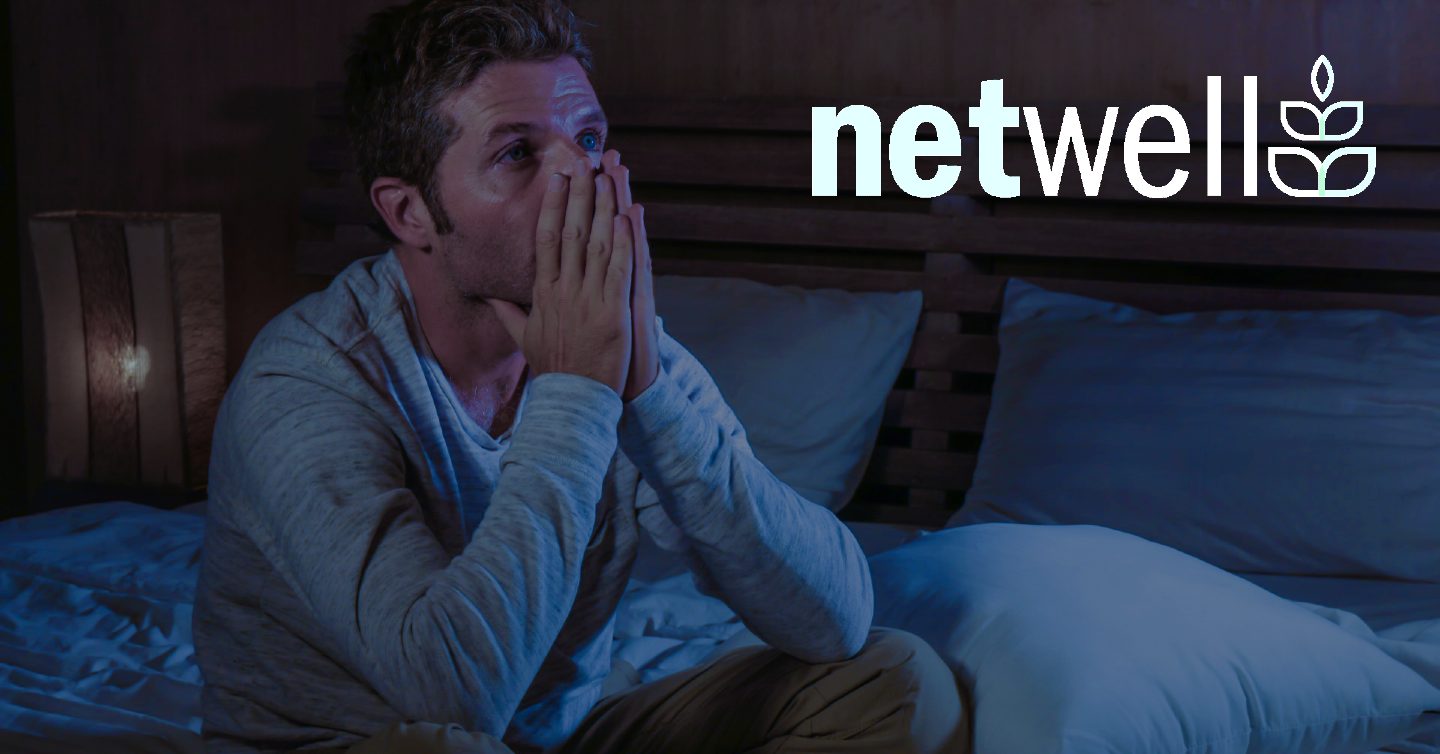You Are Not Alone

Managing Anxiety and Depression
By Isabelle Sviatoslavsky, pharmacy intern at Network Health in advisement with Thomas Heinrich, MD.
Originally published on 5/4/2021 at 2:45 p.m.
You may have noticed that there has been more openness about formerly delicate mental health topics like anxiety and depression lately. It’s a topic about which even celebrity influencers such as Kristin Bell, Beyoncé, and Ryan Reynolds have opened up. This high profile has helped destigmatize mental illness, making it more evident than ever that those enduring these struggles are not alone.
Among mental health disorders, anxiety and depression are two of the most common. Yet neither is diagnosed in the frequency expected. Experts estimate that one out of every three people in the United States will be affected by an anxiety disorder during their life. Similarly, one out of every five will experience some form or degree of depressive disorder.
Both anxiety and depressive disorders adversely impact daily life and, when left untreated, result in a decreased quality of life. Most of these negative consequences come in the form of impaired interpersonal relationships, the inability to maintain a job, or poor performance in school. They can also lead to other, potentially more severe mental health concerns such as substance abuse and even suicide.
Due to the low rate of diagnosis, relative to the rate of prevalence, over half of those living with anxiety or depression suffer from these disorders without counseling or medical intervention.
Does treatment help anxiety and depression?
Depression and anxiety commonly occur alongside other chronic medical conditions like diabetes and high blood pressure. These conditions can worsen one another. Conversely, treating depression and anxiety may positively impact the management of potentially severe chronic conditions and improve one’s quality of life.
Beyond the direct health effects, depression and anxiety are frequently linked to negative financial impacts. According to a recent article in a medical journal, the total economic cost of depression in 2010 alone was $210.5 billion. About half of these costs were attributed to the combination of days missed at work and decreased productivity while at work.
What are the types of anxiety and treatments?
There are several types of anxiety, including generalized anxiety, social anxiety, and panic disorder. Shared symptoms between these variants usually include irritability, muscle tension, restlessness, trouble concentrating, sleep disturbances, and trembling. If you’ve been experiencing these symptoms, mentioning them at your next doctor visit may put you on the path to relief if you have anxiety.
Treatment for anxiety often comes in two phases. In the first phase, the acute phase, the focus is on reducing the symptoms of anxiety. This phase typically lasts one to three months. The second phase also called the maintenance phase, transitions the goal from reducing symptoms to controlling the disease and preventing relapse or recurrence of anxiety.
One of the most common ways to treat anxiety is a form of psychotherapy called Cognitive Behavior Therapy (CBT). Alongside medications, CBT includes working with your medical or mental health provider to help address beliefs, behaviors, and perceptions that may be contributing to your anxiety and then use that information to create healthy coping strategies.
As far as medication for anxiety goes, you may be prescribed antidepressant medication. The most common types of this medication are serotonin-norepinephrine reuptake inhibitors (SNRIs) and selective serotonin reuptake inhibitors (SSRIs). If CBT and medication are not showing significant results, additional therapies may be trialed to help at the discretion of your provider.
What causes depression?
Depression has both genetic and environmental factors which contribute to its development. For instance, life stressors or a significant adverse life event may trigger depression in some individuals. Grief, for example, is a common external factor that may lead some to experience depression. Because it can be genetic, those with a family history of depression may be more at risk for developing depression and should communicate with their doctors if they begin to notice signs or symptoms associated with the disorder.
What does treatment for depression entail?
Like anxiety, the treatment for depression usually involves a combination of antidepressant medication and psychotherapy. The goal throughout treatment is to reduce depressive symptoms and prevent future depressive episodes.
Similar to anxiety, treatment for depression begins with a one-to-three-month-long acute phase. During this phase, therapy works to help individuals recover their baseline level of functioning. Following the acute phase, a four-to-nine-month-long continuation phase sees doctors monitoring the patient for signs of relapse (a recurrence of depressive symptoms).
Those who are high-risk for recurrent episodes of major depression may, after consultation with their provider, continue treatment long-term. A period of treatment called the continuation phase. Many individuals live long and healthy lives, remaining in the maintenance phase to help prevent relapse.
Alongside CBT, antidepressant medications like the SNRIs and SSRIs mentioned earlier are also utilized to help treat depression and prevent its return. Examples of these medications include duloxetine and venlafaxine (SNRIs), sertraline, fluoxetine and citalopram (SSRIs), mirtazapine, and bupropion.
Is depression more likely to happen to men or women?
Depression is more likely to occur in women than in men. Women see a lifetime prevalence of 20-25%, while for men, that number is only 10-15%. Whatever your gender, however, it is important to speak with a doctor if you’re experiencing the symptoms of depression.
Treatment for anxiety and depression is closer than you may think
Adhering to antidepressant medications and therapy provides the greatest chance of living a healthy and fulfilling life free from the disruptive and potentially catastrophic symptoms of depression and anxiety. Additionally, it’s important to remember that symptoms of these disorders don’t disappear overnight, even with a combination of medication and behavioral therapy. Experts recommend a multi-week trial, often as long as 4-8 weeks, for mental health therapies and medication regimens before deciding to change course.
Sometimes, multiple trials of antidepressants may be needed to find the best one for you. You are, after all, a unique person. Therapy failure with one antidepressant does not predict a failed response to other antidepressants, so continuing to work with your provider to find something that works is vital in your journey toward healing. Some medicines which are even in the same class may have completely different results. Everybody responds differently to different medications. There is no single best option, only the best option for you.
Healing begins with awareness and a bold step
When left untreated, anxiety and depression are among the most burdensome diseases and can have significant negative impacts on your health and quality of life. Combining psychotherapy with medication and other therapies (such as exercise) is often the best way to achieve disease control and prevent relapse.
Finding an individualized treatment regimen that works for you begins with asking your personal doctor questions if you notice signs or symptom of depression and/or anxiety
The most important thing is this – knowing that you’re not alone. Whatever type of treatment you and your provider decide, there are others also on the journey to feeling like themselves again.
For information on how your health plan can support your mental health treatment needs, contact us today.



